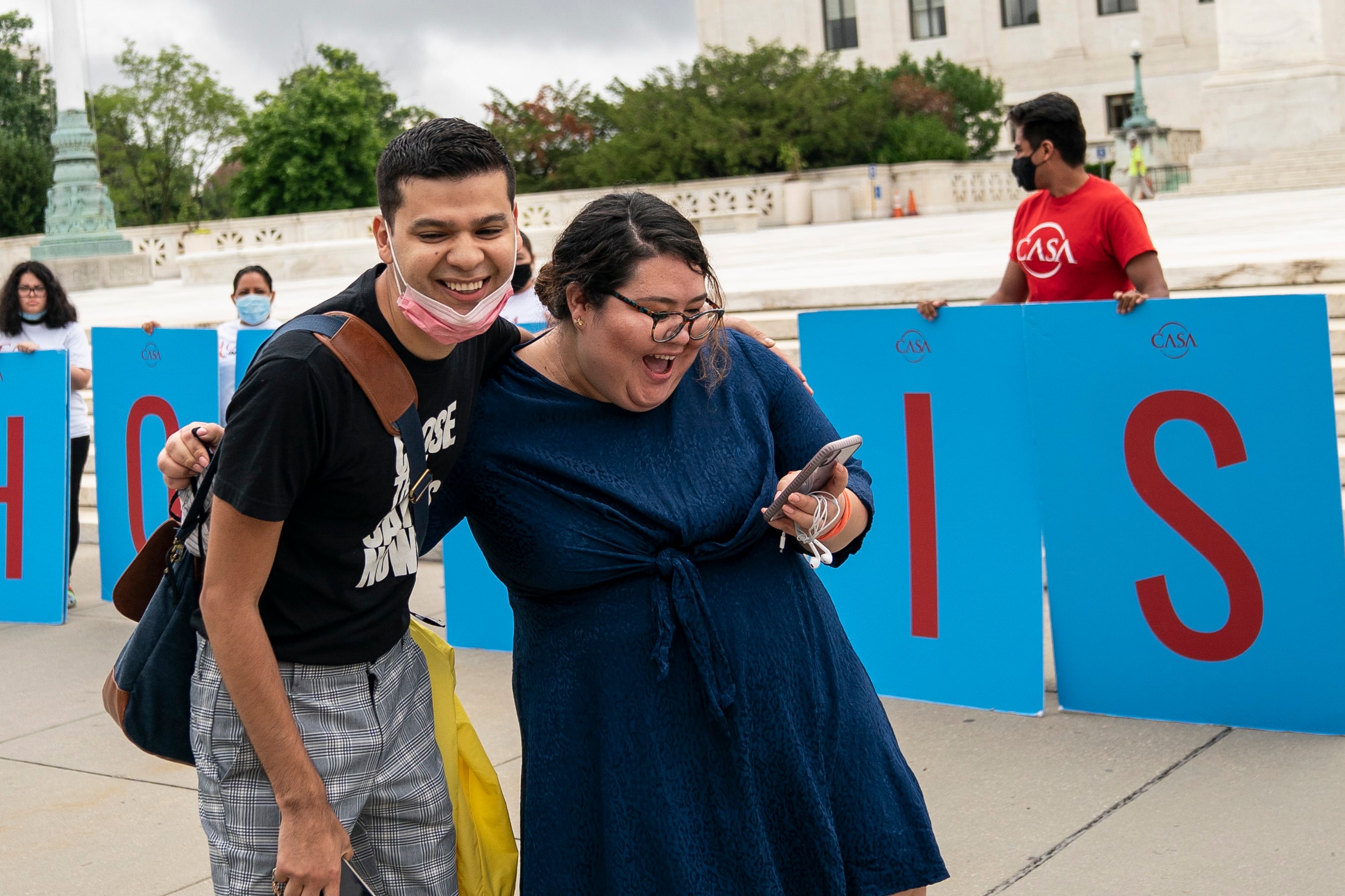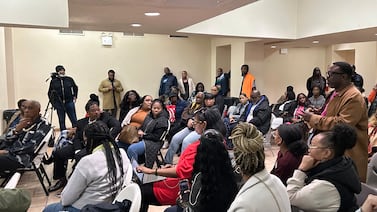The Supreme Court blocked the Trump administration from ending the Obama-era program that protects hundreds of thousands of undocumented immigrants brought to the country as children from deportation on Thursday.
That means the many students and teachers who rely on the Deferred Action for Childhood Arrivals program to work legally in the U.S. will keep their permits for now.
But the Trump administration has the authority to end the program if it follows the appropriate process, the Court said. And the decision doesn’t mean the Trump administration will accept new applications for the program. The Court said it would send the matter to the Department of Homeland Security “so that it may consider the problem anew.”
Still, it’s better news than many of the thousands connected to the DACA program expected. For now, the decision allows schools already scrambling to cope with the fallout of the coronavirus pandemic to avoid the additional challenge of seeing teachers or other staff suddenly lose their ability to work.
The decision was cheered Thursday by education groups, some of which had filed friend-of-the-court briefs opposing the end of the DACA program.
“The decision is a much-needed and timely victory for the hundreds of thousands of DACA holders who will continue to work on the frontlines of the coronavirus pandemic, including nearly 15,000 educators who will continue to sustain student learning,” said Lily Eskelsen García, the head of the nation’s largest teachers union. “We will keep fighting for our DACAmented educators, their families and their students.”
An April report from the left-leaning Center for American Progress estimated that nearly 15,000 of the more than 640,000 active DACA recipients are educators. In a 2017 report, the Migration Policy Institute, a Washington, D.C.-based think tank, estimated that about four in 10 DACA recipients were high school or college students.
For 27-year-old Denise Panaligan, a middle and high school special education teacher in Los Angeles who has a work permit through DACA, the Supreme Court decision represented a surprising victory for her own family and the many students she counsels who are undocumented or part of mixed-status families.
She began teaching at Robert F. Kennedy Community Schools four years ago through Teach for America, an alternative teacher training program. She’s stayed in close contact with those students during the coronavirus pandemic, offering support in a private chat and one-on-one remote meetings.
She had been having conversations lately about what students could do if the Supreme Court ended the DACA program, and how that might impact their ability to work or apply for internships.
“We need to have another conversation now,” she said. “This victory makes me very excited to fight harder and louder than ever” to spread those protections to others, like the parents of DACA recipients and younger students.
The Obama administration launched the DACA program in 2012 through an executive order. President Trump moved to end it in 2017, though a series of lower court rulings allowed current DACA recipients to renew their status as the legal fight continued.
For undocumented students, who do not qualify for federal financial aid, the DACA program has been a lifeline, offering them a way to save for college and in some cases qualify for in-state tuition.
Research also suggests that the DACA program increased high school graduation and college enrollment rates for undocumented young people.
Several immigrant rights and education advocacy groups called on Congress to take action to offer a more permanent solution for DACA recipients, who still lack a pathway to U.S. citizenship.
But President Trump indicated on Thursday that his administration may seek to challenge the program again.
“I am asking for a legal solution on DACA, not a political one,” Trump tweeted, though last fall he said he was open to striking a deal with Democrats about the future of DACA. “The Supreme Court is not willing to give us one, so now we have to start this process all over again.”
In a statement, the Democratic presidential candidate Joe Biden said if elected, he would work to make DACA protections permanent by sending Congress a bill on “day one” of his administration.
Two top Homeland Security officials released a statement opposing the Supreme Court’s decision on Thursday, but did not indicate what actions they planned to take next, if any.






